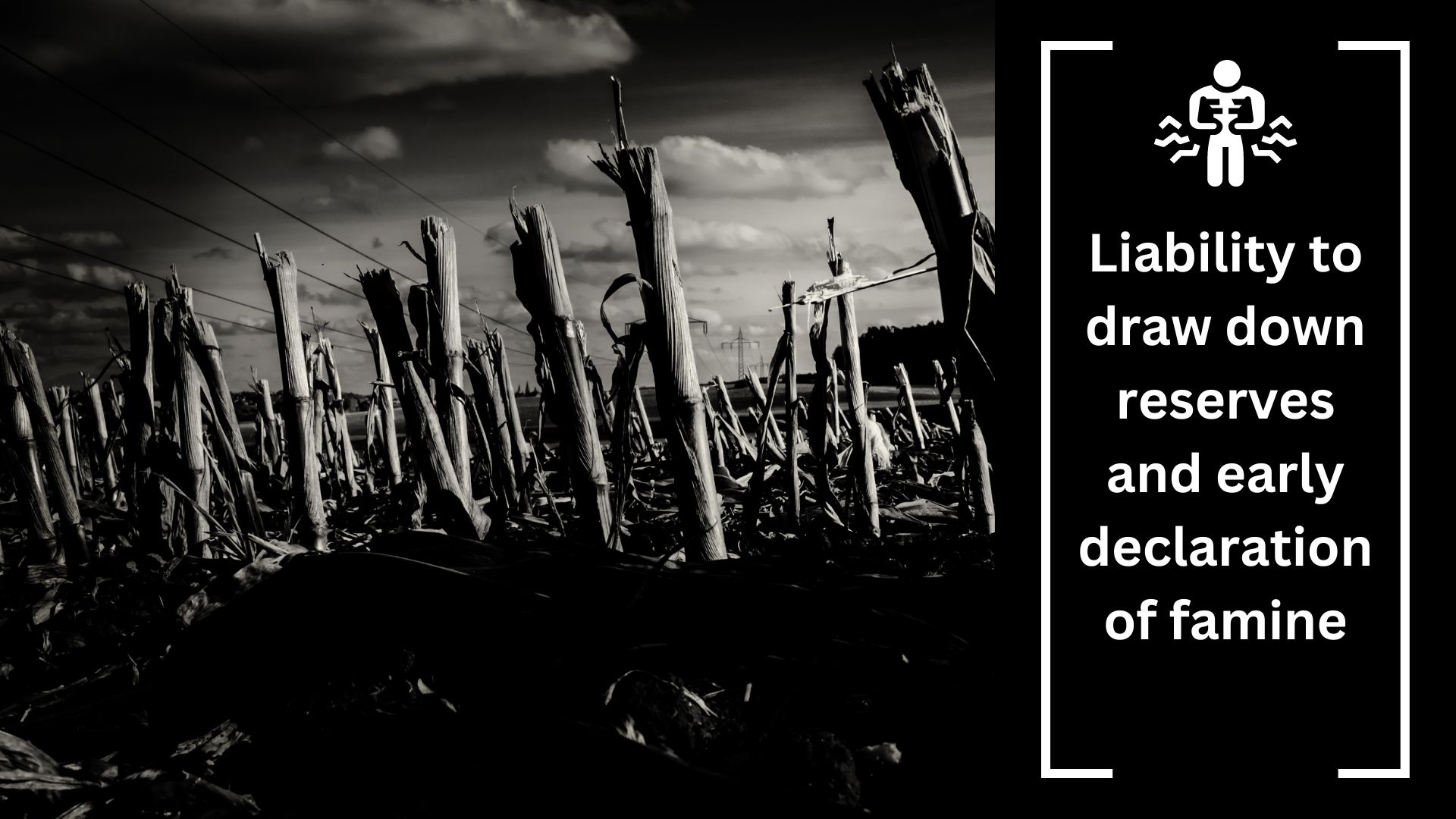.jpg)
According to the report of Bangladesh Bank's Foreign Exchange Policy Department, 30 percent of total import deposits have turned into short-term foreign debt as a result of deferred payment (LC Deferred) of import liabilities (mainly private, but there are imports related to government projects) in 2021. As of 2021, 57 percent of the total foreign debt of Rs 17 billion has been accumulated in this way. As a result, in 2022, the total public and private foreign debt have gone to abnormal levels. Combined with short-term deposits, long-term, and other domestic loans, the total outstanding foreign debt currently stands at $23.40 billion.
Of this, the private sector is responsible for about 18 billion dollars, while the government is responsible for the remaining 5 billion dollars in installments. The short-term loans that private companies themselves have taken from abroad have in many cases been rescheduled without paying loan installments during the Corona period, increasing the status of non-performing loans. Although private payments were not stopped during the Corona crisis, now the government itself has stopped private bill payments due to the dollar crisis. Now the private sector is saying that they are at risk of defaulting on foreign loans because the government is not making payments. All in all, the public-private debt repayment situation of foreign debt is very bad.
Currently, reserves are 35.8 billion dollars (October 26). EDF's debt is about 7.8 billion dollars. Apart from this, loans have been given to Bangladesh Biman, Payra seaport, and Sri Lanka which is in economic crisis from the reserve. In total, a total of about 8.4 billion dollars has been given for this. According to the IMF, if this money is subtracted from the reserves, the real reserves stand at 27.4 billion dollars. The government owes four billion dollars to the country's power and energy sector, and another two billion dollars is owed to the Asian Clearing House for other liabilities and imports.
Two factors may have been at work behind the declaration that there could be a famine. One is the possible risk of a possible global recession reducing exports and repatriation income in the coming days. The other is the dynamics of the Russia-Ukraine war, including cuts in OPEC oil production. As the government has already spent the reserve dollars in the wrong places and in the wrong hands and is under pressure to repay its huge foreign debt, fear has crept into the government.
In this situation, the government may have to take difficult decisions like canceling LCOs for many essential imports including food, fertilizers, and raw materials to maintain reserves. Because of that, the fear of famine is talked about earlier. By doing this, the government is trying to blame the crisis of its own misplanning on the Russia-Ukraine war and the global recession. Today's crisis in Bangladesh is not 100% imposed on us; Rather, we ourselves are the creators of a large part of the ongoing dollar crisis.
Thanks For Reading
Posted Using LeoFinance Beta
The rewards earned on this comment will go directly to the people( @shohana1 ) sharing the post on Twitter as long as they are registered with @poshtoken. Sign up at https://hiveposh.com.